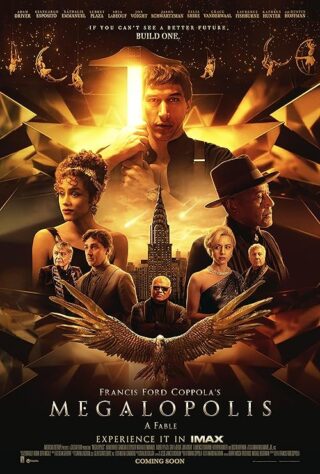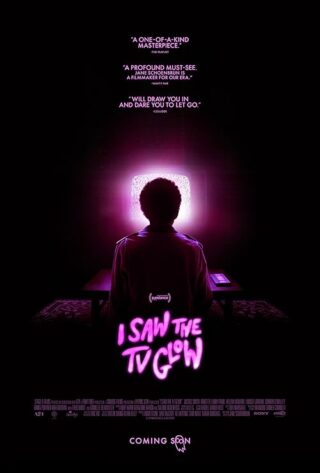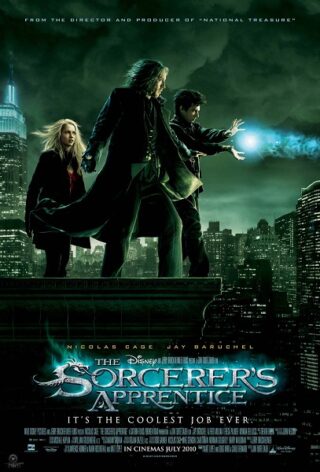

Plot, Themes, and Tone
Taxi Driver, directed by Martin Scorsese, follows the story of Travis Bickle (Robert De Niro), a disturbed and isolated Vietnam War veteran who drives a taxi through the gritty streets of New York City. As Travis becomes increasingly disillusioned with the city’s corruption and decay, he descends into a violent and erratic state that culminates in a shocking act of vigilantism. The film explores themes of loneliness, alienation, urban decay, and the dark underbelly of society. The plot is intense, introspective, and unflinchingly raw. The tone of Taxi Driver is dark, gritty, and atmospheric, reflecting the seedy world in which Travis navigates.
Acting and Characters
Robert De Niro delivers a tour-de-force performance as Travis Bickle, capturing the character’s simmering rage and inner turmoil with haunting intensity. The supporting cast, including Jodie Foster, Harvey Keitel, and Cybill Shepherd, also deliver memorable performances that add depth and complexity to the film’s characters. Each character in Taxi Driver is a reflection of the city’s societal decay, highlighting the gritty realism and moral ambiguity at the heart of the narrative.
Direction, Score, and Cinematography
Martin Scorsese’s direction in Taxi Driver is masterful, creating a haunting and immersive world that fully envelops viewers in Travis’s fractured mindset. The film’s score, composed by Bernard Herrmann, enhances the atmospheric tension and psychological depth of the narrative. The cinematography is gritty and evocative, capturing the neon-lit streets and shadowy alleys of New York City in a visceral and impactful manner.
Production Design, Special Effects, and Editing
The production design in Taxi Driver effectively captures the grit and grime of urban decay, creating a palpable sense of isolation and desolation in Travis’s world. The special effects, while minimal, are used strategically to enhance the film’s moments of violence and catharsis. The editing is sharp and propels the narrative forward with a sense of urgency, encapsulating Travis’s descent into madness with meticulous care.
Pace and Dialog
Taxi Driver unfolds at a measured pace, allowing the audience to sink into the atmospheric and psychological depths of the story. The dialogues are sharp, introspective, and laden with subtext, reflecting Travis’s internal struggles and the contradictions of the world around him. The sparse yet impactful dialogues add layers to the characters and the societal commentary at the heart of the film.
Emotional Impact and Audience Resonance
Taxi Driver leaves a profound emotional impact on viewers, with its unflinching exploration of societal alienation and the human condition resonating deeply with audiences. The film’s dark and gritty portrayal of urban decay and moral ambiguity is as relevant today as it was upon its release, prompting reflection on themes of violence, isolation, and the search for meaning in an indifferent world. Taxi Driver’s powerful storytelling and iconic performances have solidified its status as a timeless masterpiece of cinema.
Audience Section
Audiences have been captivated by Taxi Driver’s raw and unfiltered depiction of urban alienation, social decay, and one man’s descent into darkness. The film’s exploration of complex characters, moral ambiguity, and societal disillusionment has garnered a dedicated following among fans of psychological dramas and character studies. Taxi Driver’s uncompromising vision and impactful themes continue to resonate with viewers seeking a cinematic experience that challenges conventions and delves into the darker aspects of the human psyche.
In conclusion, Taxi Driver is a timeless masterpiece that delves deep into the psyche of a troubled individual and the decaying world around him. Its haunting performances, gritty atmosphere, and searing social commentary make it a must-watch for fans of intense and introspective cinema.




